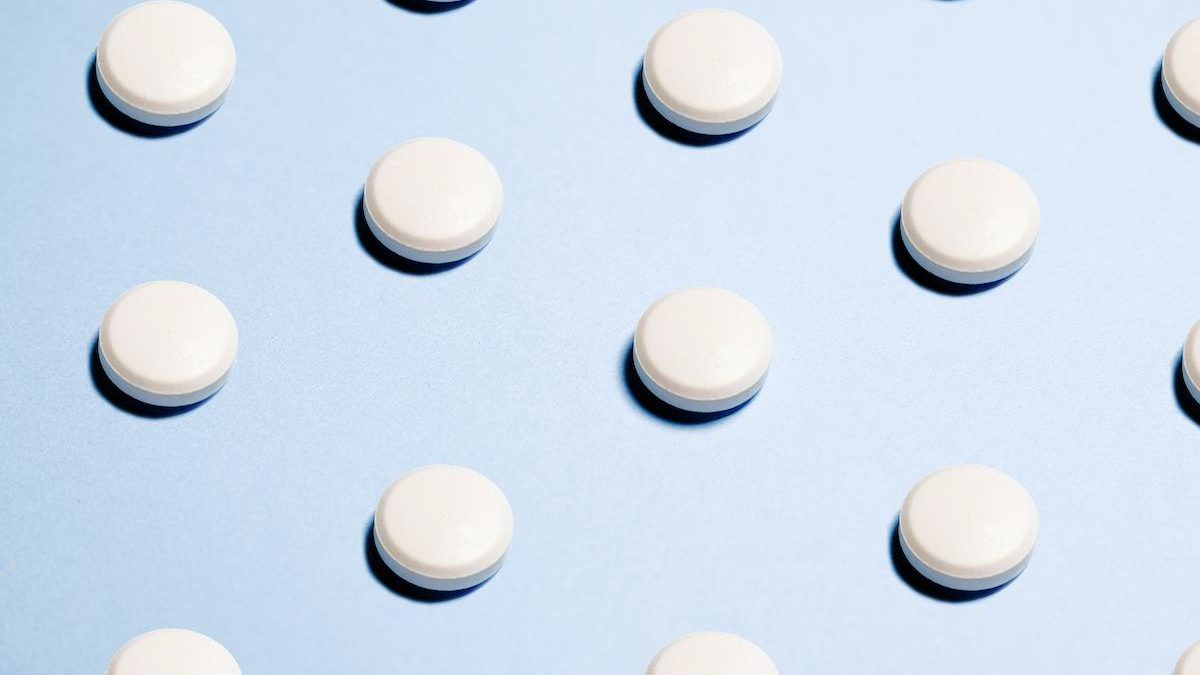Medically assisted treatment (MAT) is the use of medication in conjunction with various behavioral therapies to make up a treatment plan for substance use disorder. Every individual is different and a substance abuse treatment plan should be sure to consider all of one’s unique and nuanced needs. While MAT can be very helpful to one’s recovery from drugs and/ or alcohol abuse, it is important to note, not everyone who struggles with substance abuse or addiction is a candidate for medically assisted treatment. There is an erroneous notion that MAT is simply trading one addiction for another. Medication that is used in medically assisted treatment plans is relied upon as a means to taper off an abused substance and/ or as a maintenance drug. The main theory behind medically assisted treatment is that it provides an individual with the support of both mental health clinicians and doctors through a gradual progression to achieve complete sobriety. Research has indicated that the longer an individual is in treatment, the better the chances are at maintaining sobriety. Medically assisted treatment requires an individual to remain in a treatment program for a longer duration of time than many other types of rehab.
Types of Medications
There are several different types of FDA approved medications that are frequently used in medically assisted treatment plans. The three most relied upon medications include Suboxone, Vivitrol, and Methadone. There are benefits and drawbacks to each type of medication used in MAT. When used properly and under the direct supervision of a qualified medical professional, medications can greatly ease the symptoms of withdrawal from drugs and/ or alcohol abuse.
- Suboxone is a medication that is made up of buprenorphine and naloxone. It is most commonly used to assist in treating opioid withdrawal. As a partial agonist, buprenorphine only allows this medication to partially bind to one’s opioid receptors. Naloxone works by counteracting the effects of opioids on one’s brain. Therefore, an individual who attempts to abuse opioids, while taking Suboxone will experience adverse effects due to the naloxone.
- Vivitrol is a medication that must be administered by a medical professional, as it comes in the form of an injection. It is an antagonist medication that provides relief for opioid cravings, minimizes withdrawal symptoms, and prevents overdose. In most cases, any individual that uses Vivitrol as part of their MAT must abstain from any opiate use for a minimum of fourteen days, prior to the first dose.
- Methadone is probably the most commonly known medication used for treatment of opioid addiction. It is a full agonist, meaning it fully binds to the opioid receptors in one’s brain and nervous system. This results in a complete block of the euphoric high that occurs from opioid drug use, as well as easing the discomforts of withdrawal symptoms. It is highly regulated, as it can be dangerous if abused.
One of the benefits to medically assisted treatment is minimizing uncomfortable withdrawal symptoms that occur when an individual stops using drugs and/ or alcohol. Common withdrawal symptoms that are eased through MAT include the following: chills, cramps, insomnia, irritability, anxiety, depression, diarrhea, joint pain, vomiting, and excessive sweating. The duration an individual may remain on medication, the dose, as well as they type of medication selected will vary. In many cases, medication assisted treatment will require a steadfast commitment to one’s recovery and rehabilitation process, including an ongoing medication regimen for sustained recovery.
For Information and Support
If you are concerned for yourself or a loved one in regards to substance abuse and/ or addiction we recommend reaching out for help as soon as possible. If left untreated, substance abuse can result in long lasting and potentially life-threatening consequences. Keep in mind: you are not alone! There is an entire network of professionals that are available to help and support you and your loved one throughout the recovery process. The earlier you seek support, the sooner your loved one can return to a happy, healthy, and fulfilling life.
Please do not hesitate to reach out with any questions regarding our specific program at Haven House Addiction Treatment and/ or general substance abuse and/ or addiction treatment related information. Our highly trained staff is readily available to discuss how we might best be able to help you and your loved one.
References
Chanell.baylor. (2019, September 9). Medication-Assisted Treatment (MAT). Retrieved February 7, 2020, from https://www.samhsa.gov/medication-assisted-treatment
MAT Overview. (n.d.). Retrieved February 7, 2020, from https://www.integration.samhsa.gov/clinical-practice/mat/mat-overview
Medication Assisted Treatment for Addiction Recovery Centers of America. (n.d.). Retrieved February 7, 2020, from https://recoverycentersofamerica.com/treatment/medication-assisted-treatment/
Sheridan, K., Sheridan, K., Sheridan, K., Kate, Louis, Jj, … Rust, R. (2017, May 15). How effective is medication-assisted treatment for addiction? Retrieved February 7, 2020, from https://www.statnews.com/2017/05/15/medication-assisted-treatment-what-we-know/
Suboxone Doctors & Vivitrol Providers. (n.d.). Retrieved February 7, 2020, from https://medicallyassisted.com/



